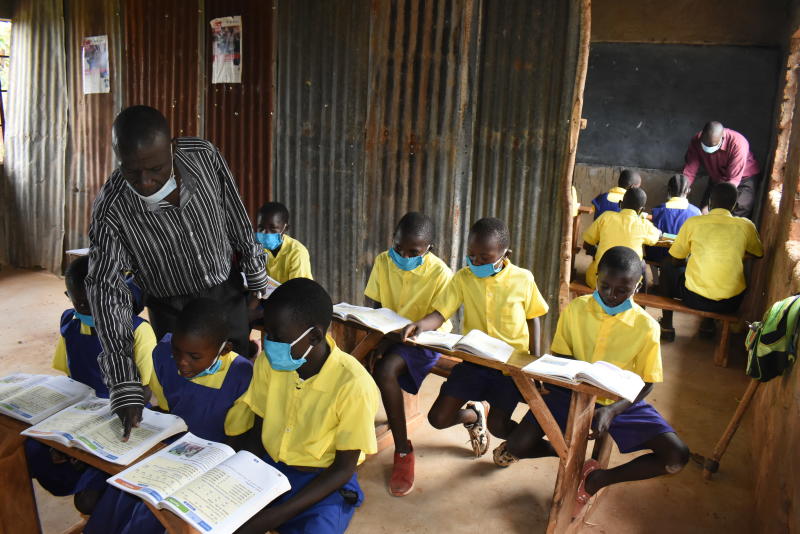×
The Standard e-Paper
Smart Minds Choose Us

A new report on teachers' preparedness has revealed their top fears as schools opened today.
The Teachers Service Commission (TSC) report lists the anticipated new fourth wave of Covid-19 as their greatest challenge.